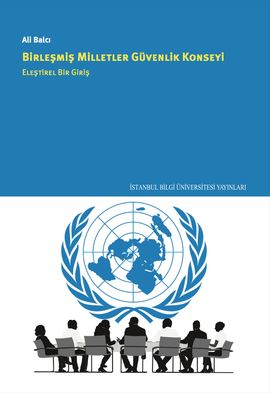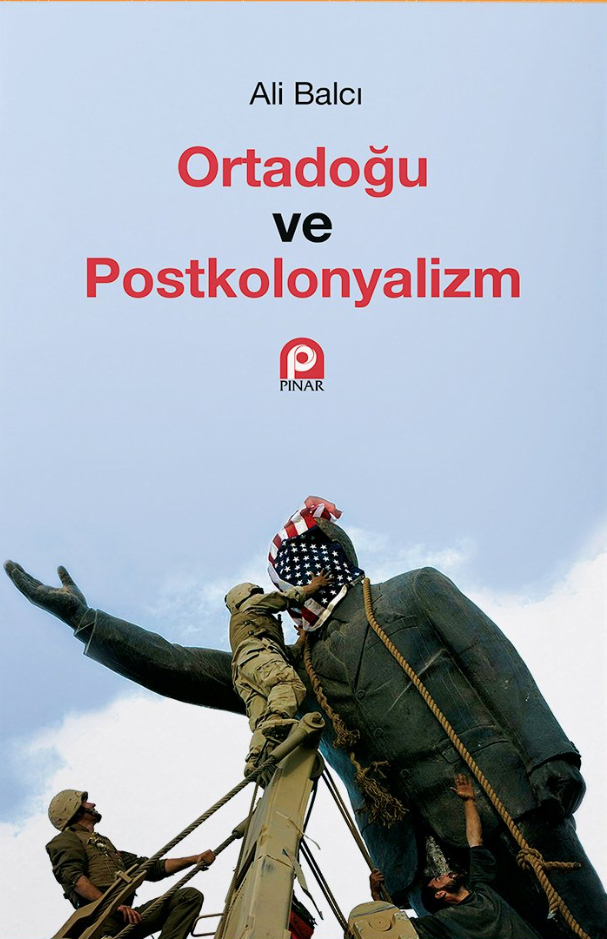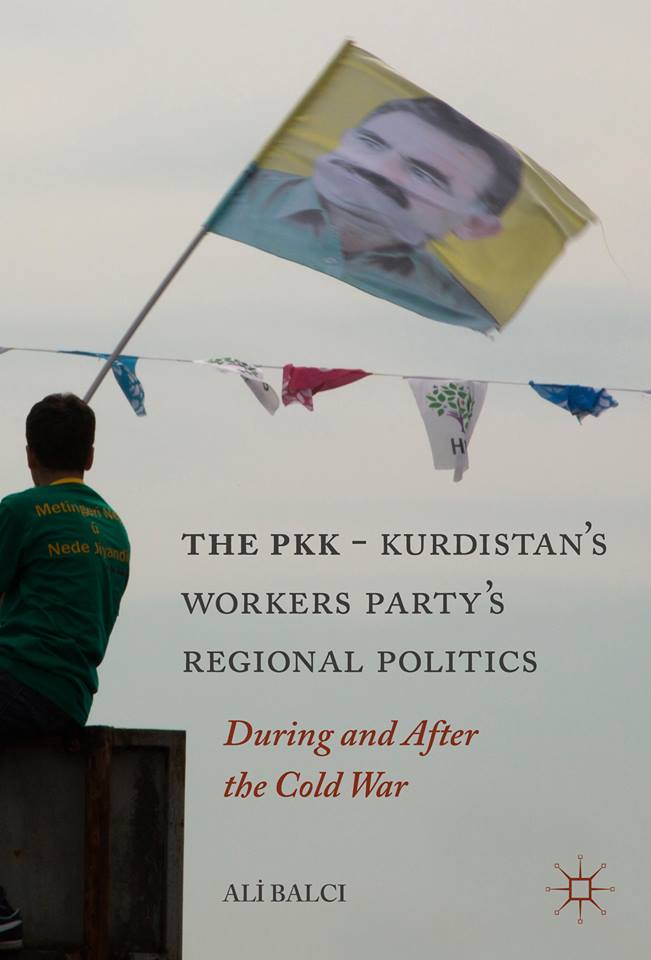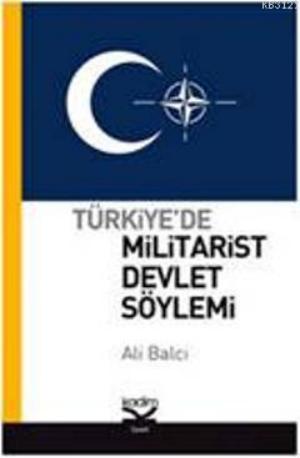A Reply to Pusane: What Was Really Behind the Failure of the 2009 Kurdish Opening
- Kategori : Bağımsız Notlar
- Yorum Yok
In her article titled “Turkey’s Kurdish Opening: Long Awaited Achievements and Failed Expectations” in Turkish Studies (Vol. 15, No. 1, 2014), Özlem Kayhan Pusane postulates two reasons in order to explain the failure of the Kurdish Opening in 2009. Firstly, the AKP (Justice and Development Party) government “failed to build a consensus on the part of the state” since it did not make “a real effort to receive the support of the opposition parties”. Secondly, “the PKK’s appearance as an organization with multiple centers of power” made the process difficult for the AKP since the latter could not “decide with whom to talk and whom to take seriously in its efforts to resolve the Kurdish question” (p. 82). As a result of these two reasons, the Kurdish opening failed and the PKK resorted to violence back.
I propose that alternative explanation is needed because another Opening initiated at the end of 2012 threatens the explanatory power of these two reasons. The AKP government started a new initiative to solve the long-decade Kurdish question and it seemed relatively successful at the time of writing this paper. However, the AKP, on the one hand, did not receive the consent of two opposition parties and on the other hand the Kurdish side of the resolution process provided an undisputed interlocutor. In other words, the real obstacle before the success of the 2009 Opening was not the objection of two opposition parties to the attempt. Also, the Kurdish party had an undisputed figure to be counted as an interlocutor. As a result, the two reasons presented by Pusane are neither explanatory for the 2009 Opening nor applicable to the second Opening in 2012.
What explains the failure of the 2009 Opening is the impotency of the AKP in governing ideological apparatus of the Turkish state then. While the AKP government started a judicial campaign against the military, the most important bureaucratic apparatus of the Kemalist ideology in Turkey, the military was vocally critical against the AKP and its method to solve the Kurdish question. More importantly, the AKP government had no control over discursively powerful secular media in Turkey. Consequently, the AKP did not prevent the presentation of the 2009 Opening as treason by the secular circle and failed to stop the swift dissemination of this negative image even among its own constituency. In the end, the AKP declared the end of the 2009 Opening. Therefore, the changing pattern of the power setting in Turkish politics just before the 2012 Opening explains both what went wrong in the 2009 Opening and what made the second Opening pursuable.
There, of course, are other missing points in Pusane’s explanation for the failure of the 2009 Opening. For the first time since 2002, for example, the AKP lost its constituency from the 2007 general elections to the 2009 local elections. Therefore, the 2009 Opening emerged as a reactionary and unprepared initiative. Also, the 2009 Opening went side by side with arrestments of the Kurdish politicians and mayors under the banner of KCK Operations, which was ambitiously advocated and conducted by the AKP. This latter development put the sincerity of the AKP in question for the Kurdish block. Although these arguments are missing in Pusane’s paper, what makes it empirically untenable is the ignorance of the power setting variable at the time of 2009 Kurdish opening.






 Etiketler
Etiketler






